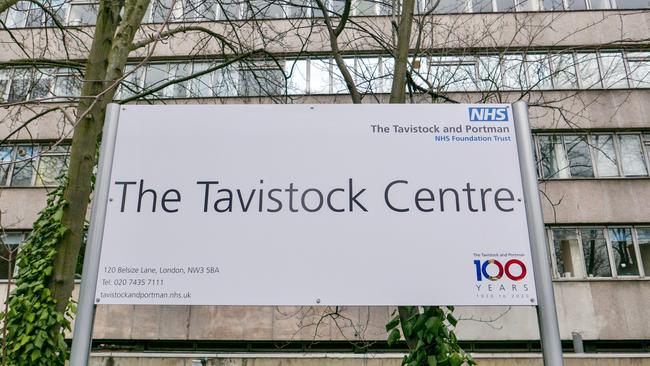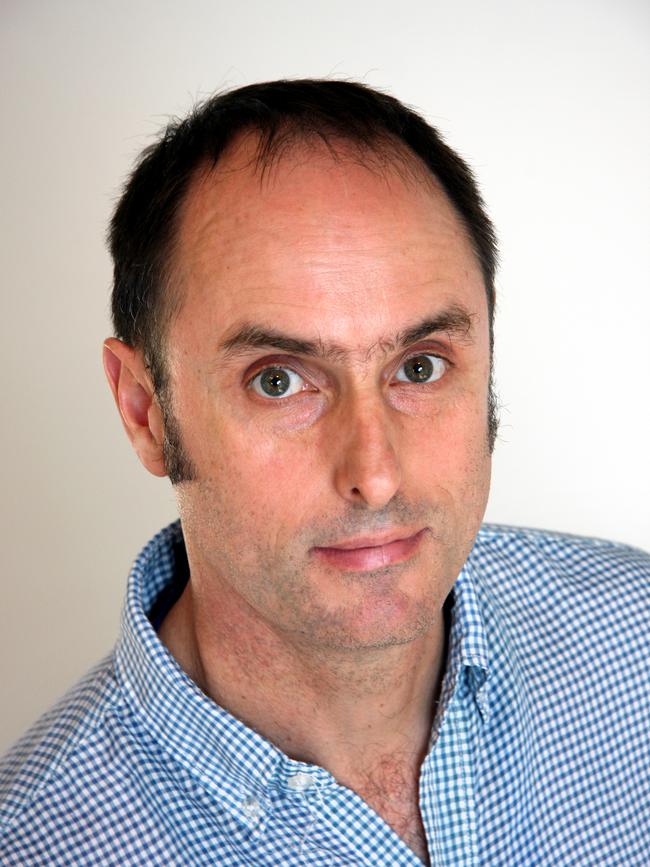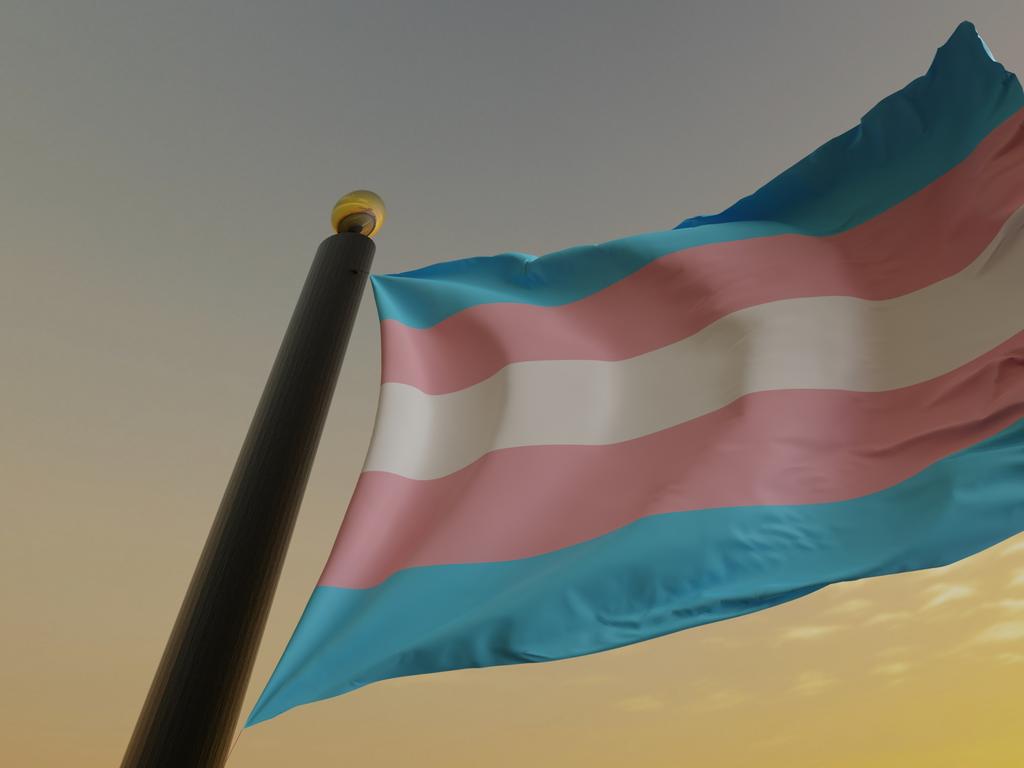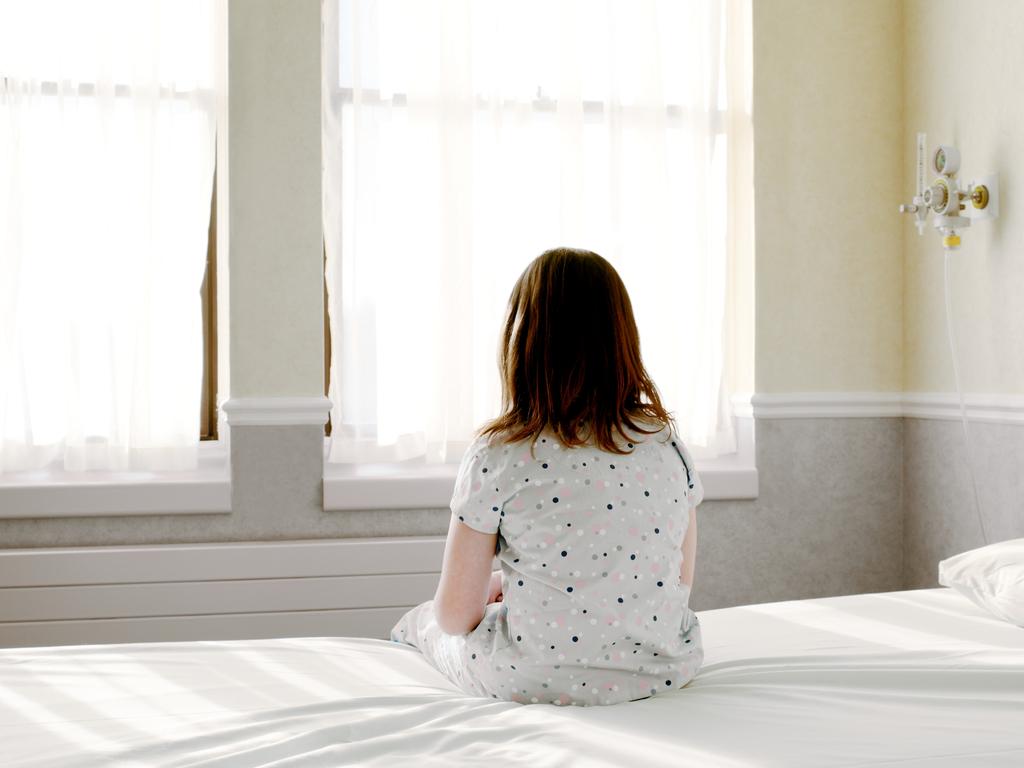
The ban on puberty blockers follows the closure of the Tavistock clinic, the UK’s only under-18 gender clinic, as well as an independent review by Hilary Cass, a pediatrician who highlighted the “gaps in evidence” regarding the use of puberty blockers and cross-sex hormones in children.
Before the Tavistock was shuttered, it was successfully sued by one of its former patients, Keira Bell, in a high-profile case (that was later overturned on appeal). Bell, who was born female, transitioned to male and had a double mastectomy at age 20, but later came to regret the decision.
She sued the Tavistock clinic claiming she had been prescribed puberty blockers and cross-sex hormones at the clinic without fully understanding the implications. “I look back with a lot of sadness,” she said at the time, “There was nothing wrong with my body. I was just lost and without proper support.”
Australia lags behind the UK when it comes to the transparency around our own gender clinics. In effect, these clinics operate in an evidence-based wilderness, relying on “professional consensus” and “best practices” rather than results from randomised controlled trials and systematic reviews.
No independent review has been conducted into treatments offered at Australia’s clinics, and this week, when The Australian contacted gender clinics at the Royal Children’s Hospital in Melbourne and the Queensland Children’s Hospital for comment on the NHS ban, no response was given.
I asked Bernard Lane, the author of Substack newsletter Gender Clinic News, what the NHS decision meant for Australia. Over email, he explained: “Our state children’s hospitals give kids as young as 10 the same puberty blocker treatment that England’s NHS has decided to stop. Our hospitals rely on the same very weak evidence base. England has joined Finland, Sweden and Florida in adopting a more cautious treatment approach. They did this after each jurisdiction commissioned an independent systematic review of the evidence – the gold standard if you really want to know about the effects and safety of a treatment.”
In Australia, Lane explained, “we are left with ‘gender-affirming’ clinicians telling us they are the experts, and they know what they are doing”. But even the data published by these renegade doctors suggests a review is well overdue.
A 2021 study of children presenting to the RCH in Melbourne over a 10-year period found that a majority had serious mental health problems. Specifically, 51 per cent had major depression, 25 per cent had engaged in self-harm, 30 per cent had suicidal ideation and 16 per cent had autism. Despite this, 29 per cent of the children attending the clinic were placed on puberty blockers, (known to adversely affect bone density), and 38 per cent of adolescents were given cross-sex hormones, (known to cause infertility).

Another study attached to the RCH, published in 2020, found that among young female adolescents beginning testosterone treatment (the average age being just 15) not a single one of them engaged in fertility preservation counselling, indicating a stark absence of maturity and understanding of the long-term implications.
Yet another study, published in 2023, found that adolescents attending the RCH who had already “socially transitioned” (ie, those who were already identifying as the opposite sex at school, home, or both) reported having a lower quality of life compared to adolescents attending the clinic who hadn’t.
Euphemistically described by researchers as an “unexpected observation”, such findings could have multiple explanations. One might be that children who had undergone social transition were being treated harshly at school or at home. But another explanation might be that gender transition is not the panacea people want it to be.
Yet another study, looking at data from Westmead Hospital in Sydney, found that even among “highly screened samples of children and adolescents seeking a gender dysphoria diagnosis and gender-affirming medical care, outcome pathways follow a diverse range of possibilities”. In other words, clinicians found that many children grow out of their desire to transition – at Westmead, the rate being over 20 per cent.
Given the available evidence, there are currently more questions than there are answers when it comes to treating gender-confused kids.
What happens to kids who “desist”? If they are able to develop without intervention, their bodies go through the normal developmental stages associated with puberty. But if they end up being treated by medical mavericks, they may end up like Keira Bell, with unwanted body changes, possible infertility, lifelong medical issues and reduced sexual functioning arising from cross-sex hormone treatment.
At present, it’s difficult to know with any type of precision who will desist and who will persist in their gender dysphoria, which is why many experienced psychiatrists recommend a “watchful waiting” approach.
In 2019, Carl Heneghan, director of the Centre of Evidence-Based Medicine at Oxford, said: “Given paucity of evidence, the off-label use of drugs … in gender dysphoria treatment largely means an unregulated live experiment on children.” Australia’s cowboy clinicians cannot claim they were never warned.
Claire Lehmann is founding editor of online magazine Quillette.








The National Health Service in England announced this week it would be banning the use of puberty blockers in children, providing further evidence that the use of off-label drugs for children with gender confusion is an unfolding medical scandal.